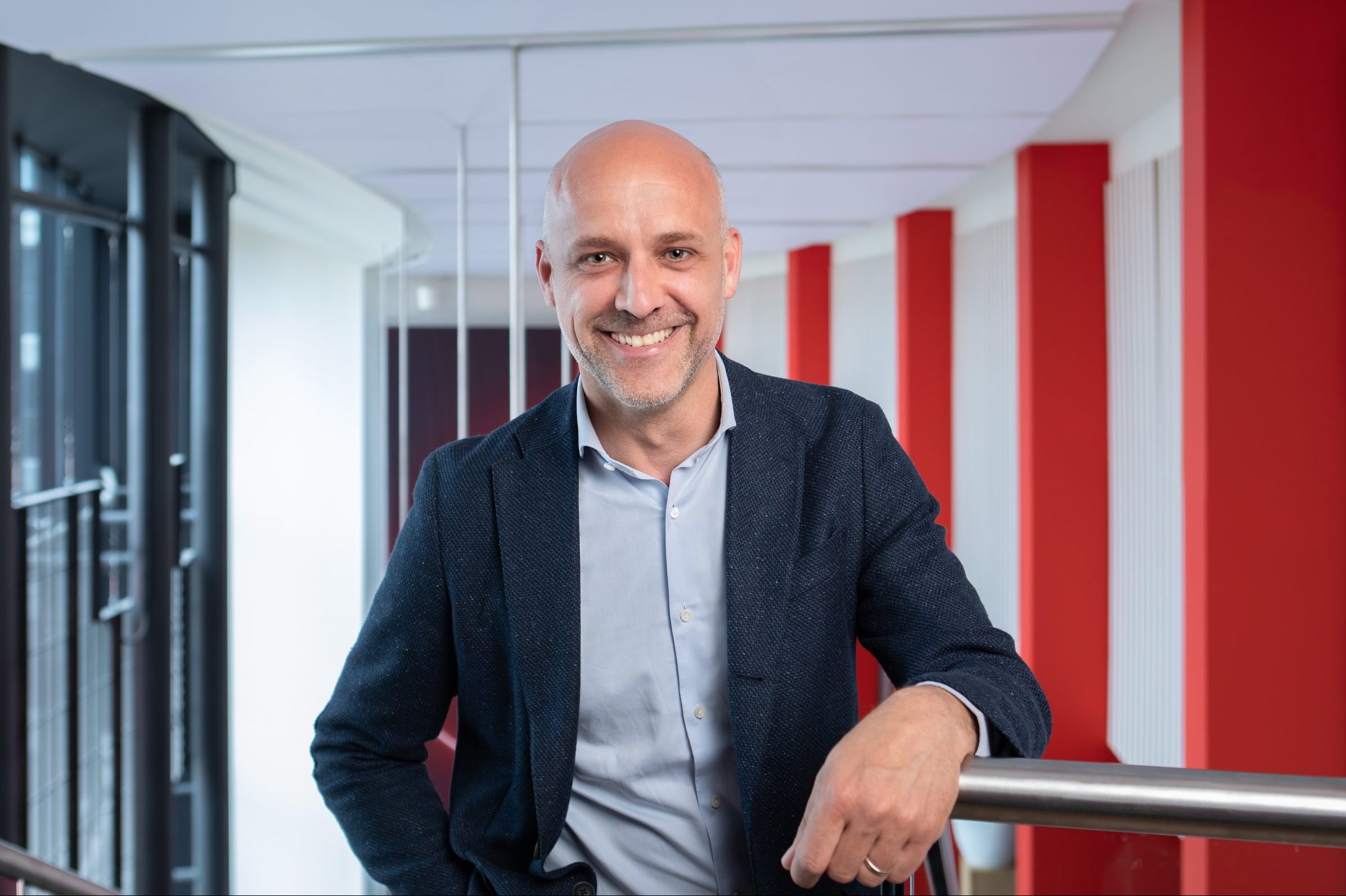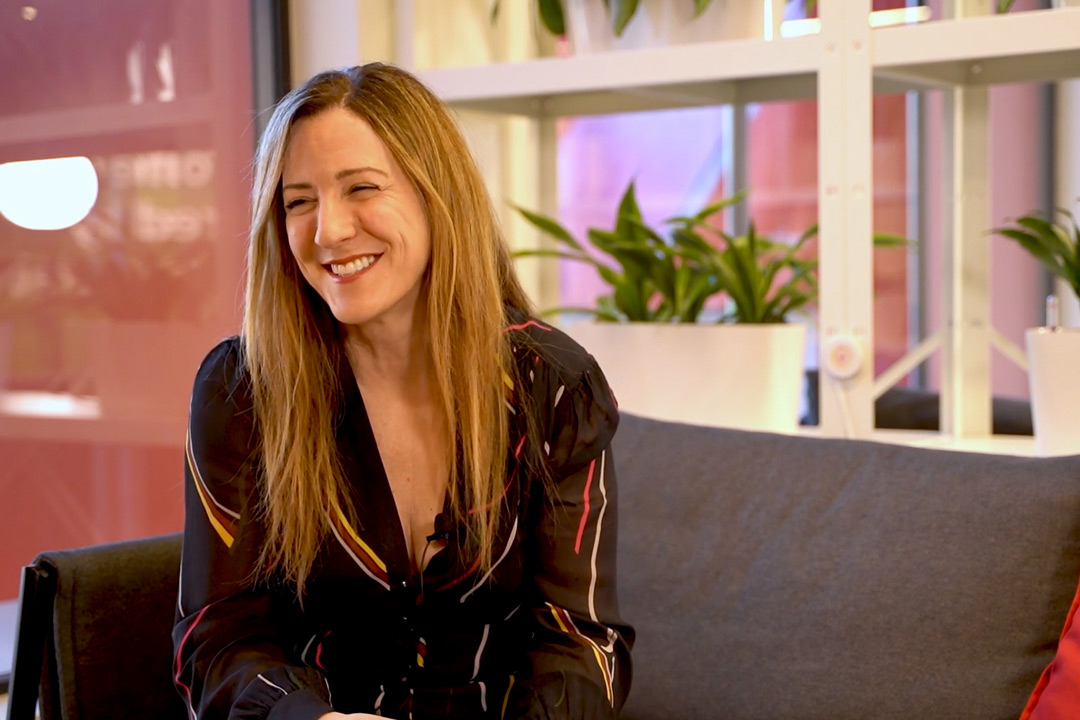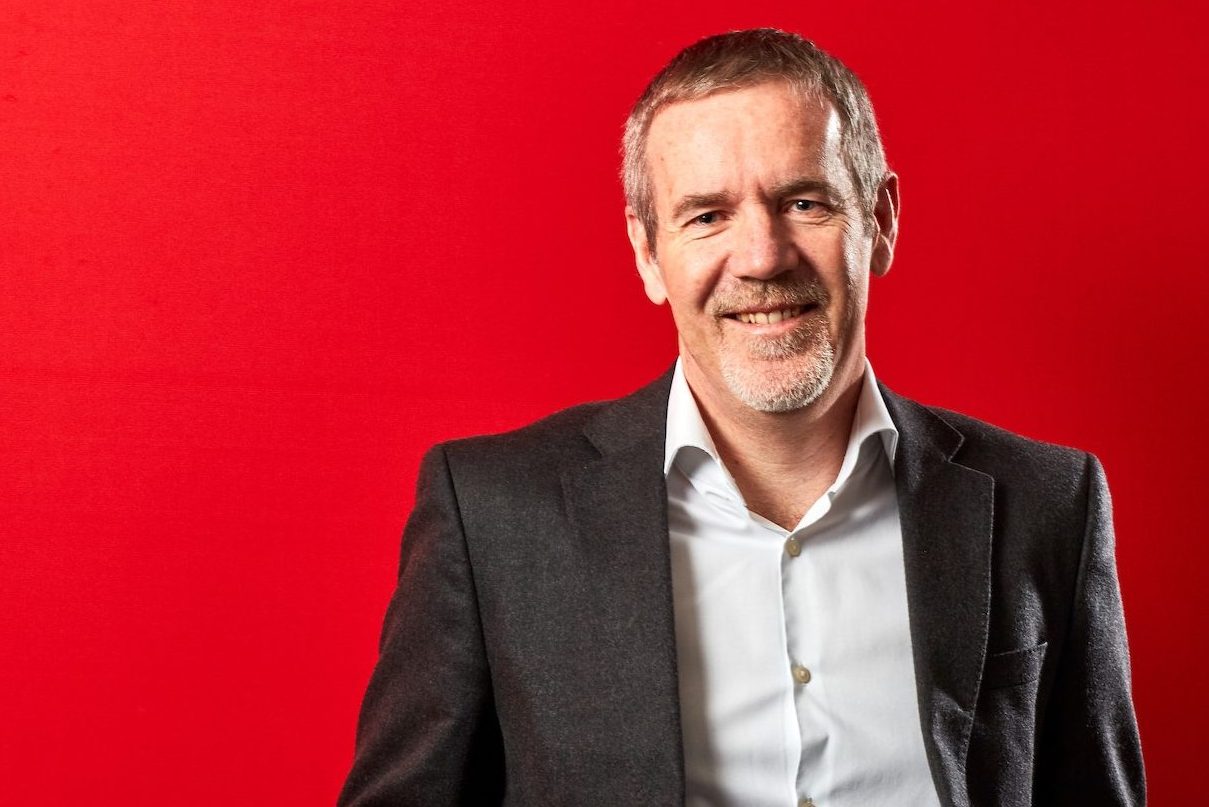
Scott Petty, Chief Technology Officer, Vodafone UK, took part in a ‘5G World’ panel discussion on how 5G could redefine telecoms companies over the next few years. He believes it will transform Vodafone.
We launched 5G more than a year ago now and it’s been very exciting seeing all the development around this new technology. There’s real momentum behind it as all four mobile operators are now rolling out services, and we’re starting to see really good traction in the market. New use cases and capabilities are being developed all the time.
We’ve launched innovation centres and we’ve worked really closely with the Government on their innovation incubators, too. We’ve been really blown away by the enthusiasm with which businesses, big and small, have been engaging in 5G development, looking for ways to transform their organisations.
At Vodafone, we really believe 5G will be the key to reviving the UK economy in the wake of the coronavirus pandemic. It could ensure that the economic benefits of innovation reach all parts of the country, not just the prosperous south-east.
5G will also have a profound effect on how we operate as a company.
From hardware to software
We’re going to expand from being a network service provider to a company that is also a software and IT business. Because as we continue to virtualise and move to cloud-based technologies – think of OpenRAN and Software Defined Networking – we’re going to need more software development and engineering skills, not just networking skills.
We are becoming integrators and developers of applications, not just runners of networks
Take the recent 5G mobile private network we’re building with Ford at their electric car factory in Essex – that requires these new software engineering skills and a different partnership model. We’re no longer a telecoms company selling a service to an end customer, we’re working with a whole range of different providers. Our flourishing Internet of Things business has really stood us in good stead in this regard. We are becoming integrators and developers of applications, not just runners of networks.
Proofs of concept are now turning into reality. As well as the Ford factory we’re building 5G MPNs for Centrica at one of their gas plants, and for Coventry University to facilitate interactive virtual teaching, amongst other use cases. A couple of connected port projects are getting off the ground, too.
Connected everything
We’re seeing a big demand for MPNs, not always with standalone spectrum, but integrated into hybrid networks. It’s about providing security and reliability of service outside, and increasingly, inside buildings. Connected IoT sensors will monitor many office and factory operations as functions become increasingly automated. We’ll need to manage those sensor networks and offer services around how to interpret and respond to all the data they collect. These are fantastic business opportunities for us.
Connected health and connected agriculture are two other sectors that show great commercial promise as we move from pilot projects to full-scale deployment in the UK, partly supported by the Government’s innovation centres.
Building a pool of network and software development expertise will enable us to service these new clients more effectively.
So business use cases are definitely the driving force behind 5G at the moment.
Cultural change
On the consumer side, 5G is currently about the latest handsets and faster download speeds. That will change when augmented and virtual reality applications start filtering through to the market next year, and when the devices evolve and become more plentiful. But the most exciting use cases are probably a few years away yet.
To sum up, 5G is going to have a massively transformational impact on Vodafone UK, requiring new skills and a new innovation-based culture.
We’ll be a totally different company five years from now.
#KeepConnecting
- Follow @VodafoneUKNews on Twitter.
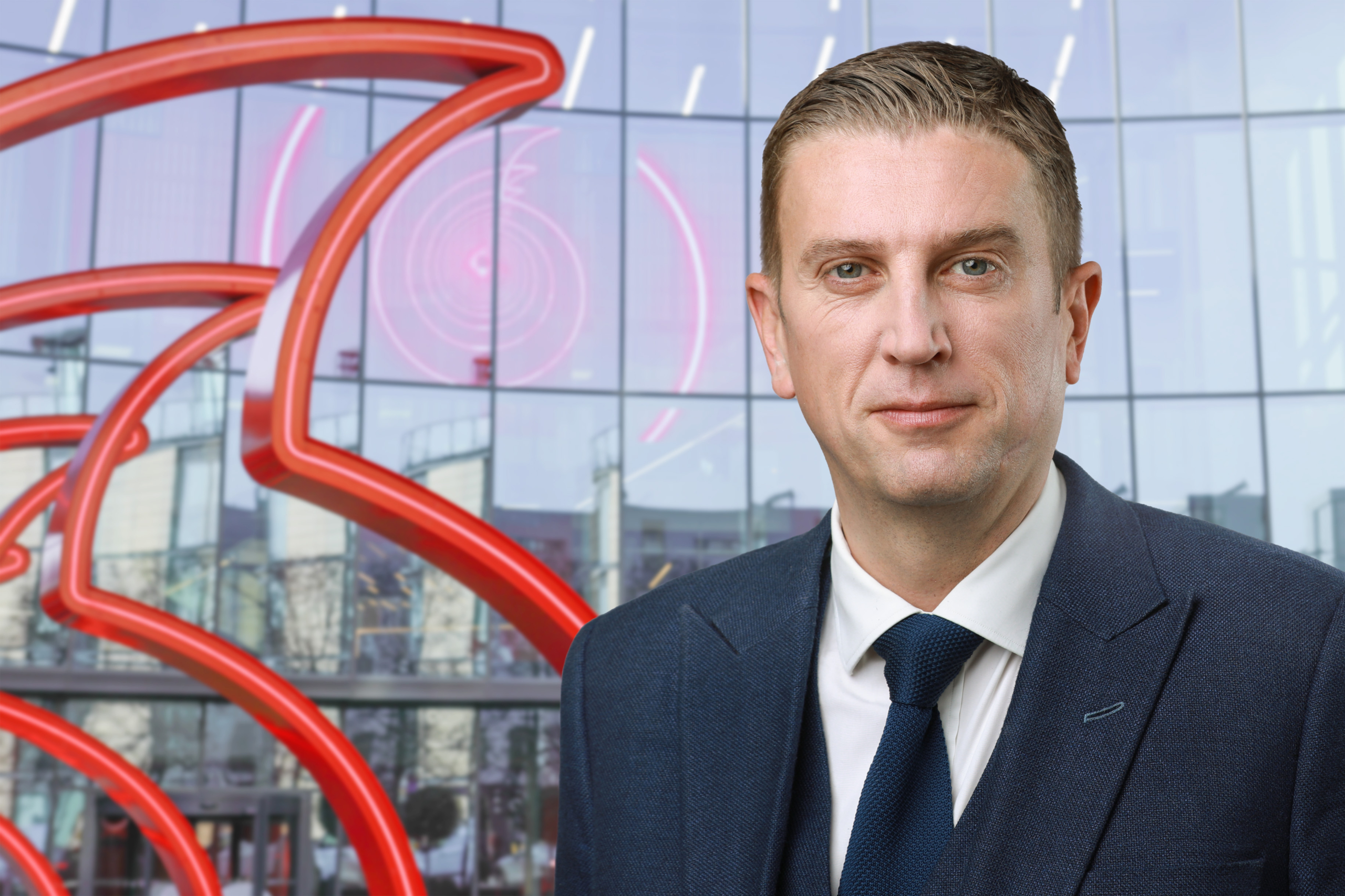

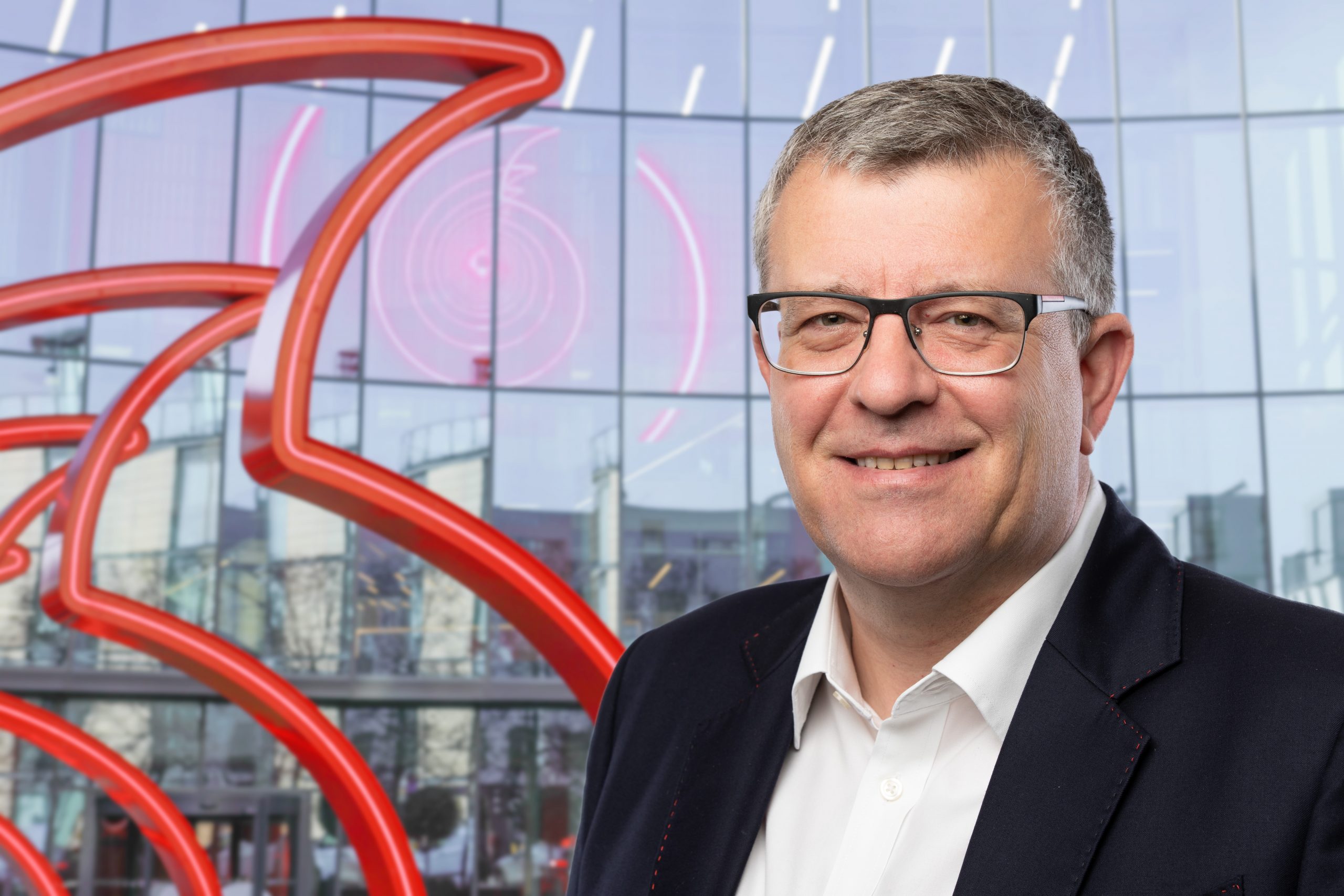

![Nicki-Lead_image[OPTIMISED]](https://www.vodafone.co.uk/newscentre/app/uploads/2023/10/Nicki-Lead_imageOPTIMISED.jpg)
![Coins of Great British sterling[Adobe Stock]](https://www.vodafone.co.uk/newscentre/app/uploads/2024/06/Coins-of-Great-British-sterlingAdobe-Stock.jpg)
